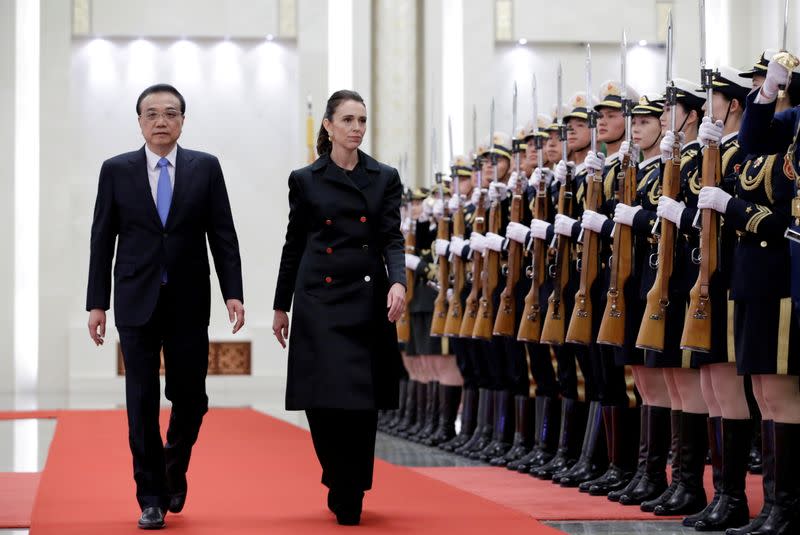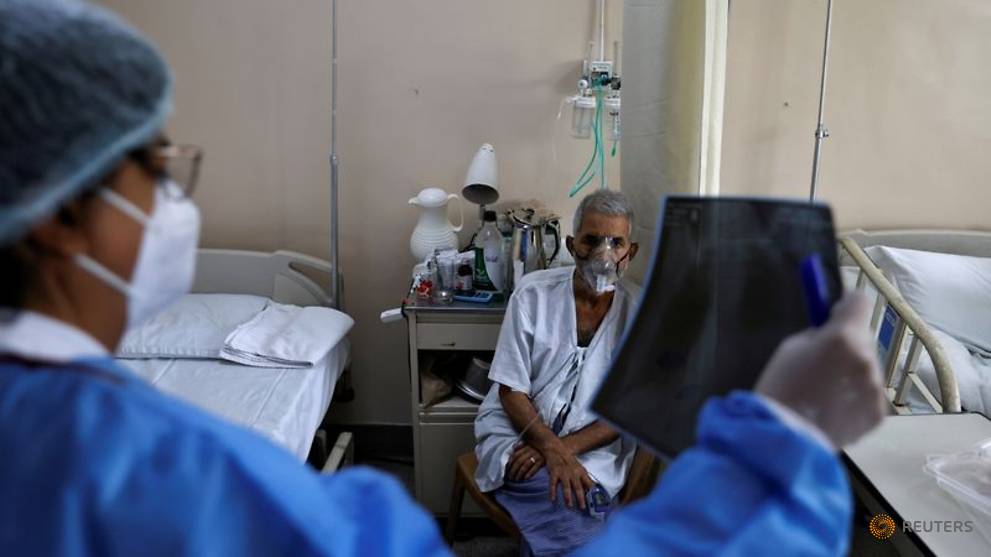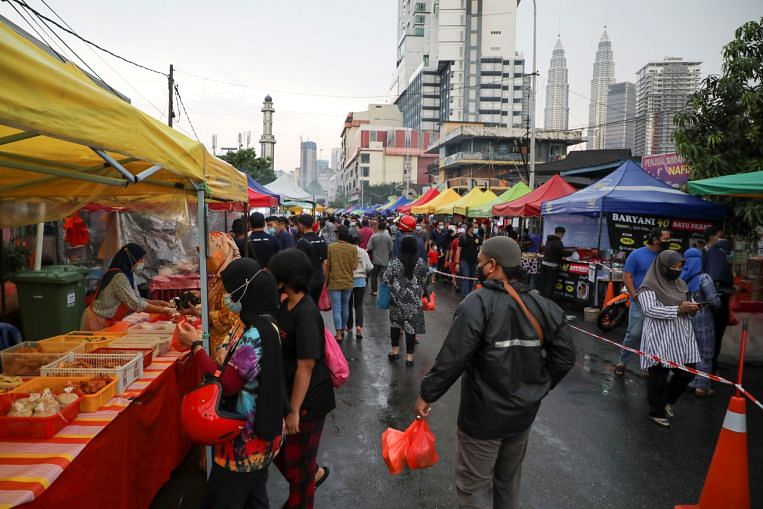PETALING JAYA (THE STAR/ASIA NEWS NETWORK) - Malaysia will announce a two-week movement control order (MCO) in Selangor, Kuala Lumpur, Penang, Johor and Sarawak from Monday (May 3) to curb the spread of Covid-19, according to sources, after the city and states saw a drastic spike in cases over the past two weeks.
Sources told The Star that the new MCO - its third so far - would be similar to the one that took place between Jan 11 and Jan 26 in parts of the country, in which economic activities were allowed but schools were closed and social and religious activities barred.
It is learnt that no dine-in would be allowed at eateries. One source said an announcement on the new MCO would be made on Sunday.
Prime Minister Muhyiddin Yassin said on Saturday that the government was reviewing its current Covid-19 protocols, especially in badly-hit areas like financial capital Kuala Lumpur and its surrounding areas in the Selangor state.
He said that premises which had been visited by a big number of those found positive for Covid-19 would be asked to close.
In a statement on Saturday, he said the government had used an early warning system known as Hot-spots Identification for Dynamic Engagement (Hide) to identify areas and premises which were at high risk of transmitting the disease.
"This approach is in line with the government's decision to have a targeted approach in controlling and curbing Covid-19.
"Through this system, monitoring is done every day to identify high-risk public locations, " said Tan Sri Muhyiddin.
The source said the government will give careful considerations in the implementation of any MCO as it would impact the Hari Raya celebrations and Ramadan bazaars, which were allowed to operate across the country during the fasting month.
It is learnt that Ramadan bazaars in states where the movement curbs are imposed will have to close, with the exception of those located in the south-west district on Penang island.
"The MCO in five districts in Kedah yesterday (May 1) is part of the proposal which was presented to the National Security council on Friday. But we decided to impose it on Kedah earlier as the situation is alarming, " said a source.
Health Minister Adham Baba signed a gazette on Friday declaring MCO on five districts in Kedah, namely Kota Setar, Kuala Muda, Bandar Baru, Baling and Kulim.
"The government has agreed to implement MCO in these five districts in Kedah beginning today (May 1) until May 14, " he said. "This is a decision made for the safety of the people, " he said when contacted.
In explaining the MCO, one source said: "Economic activities will continue as people have to go to work, but those who can work from home will be encouraged to do so."
Schools in MCO states would also likely be closed this time due to many "education clusters", the source said.
"Furthermore, there are only five more school days before schools close for the Raya break, and another two weeks of online learning, as announced by the Education Ministry."
As for social and religious functions, he said such events would either be put on hold or permitted with a minimal number of people in attendance.
"We will most likely be having a Raya celebration similar to the one last year where only immediate family members in the same household were allowed. And no open houses.
"Interstate travel for balik kampung (annual homebound exodus) is not allowed, " he said, adding that the number of people in a vehicle could also be restricted.
Coronavirus cases has been rising consistently in Malaysia since breaching the 2,000 daily case mark on April 15.
On Friday, it logged 3,788 new infections - the highest in 2½ months - barely a month after the country managed to reel in its third wave to a low of 941 infections on March 29.
Active infections, meanwhile, have almost doubled since mid-April, climbing from 15,000 cases to almost 30,000 on Friday.
Malaysia on Saturday logged 2,881 new Covid-19 cases to raise the cumulative total to 411,594.
The country has, since late January, been in a state of emergency, which the government said will help it deal with the pandemic. The state of emergency will last until Aug 1.
Much of Malaysia was under the top-tier MCO between January and February this year.
Restrictions have been gradually lifted since then as concerns mount over the weak economy and job losses. A nationwide interstate travel ban has been retained.
Only the north-eastern state of Kelantan remains under the MCO, while several other states are in the mid-tier conditional MCO.
Let's block ads! (Why?)
https://news.google.com/__i/rss/rd/articles/CBMifGh0dHBzOi8vd3d3LnN0cmFpdHN0aW1lcy5jb20vYXNpYS9zZS1hc2lhL21hbGF5c2lhLXRvLWltcG9zZS1uZXctbW92ZW1lbnQtcmVzdHJpY3Rpb25zLXdpdGgtYmF6YWFycy1zY2hvb2xzLXRvLWNsb3NlLXNvdXJjZXPSAQA?oc=5
2021-05-02 04:29:51Z
52781561006061





